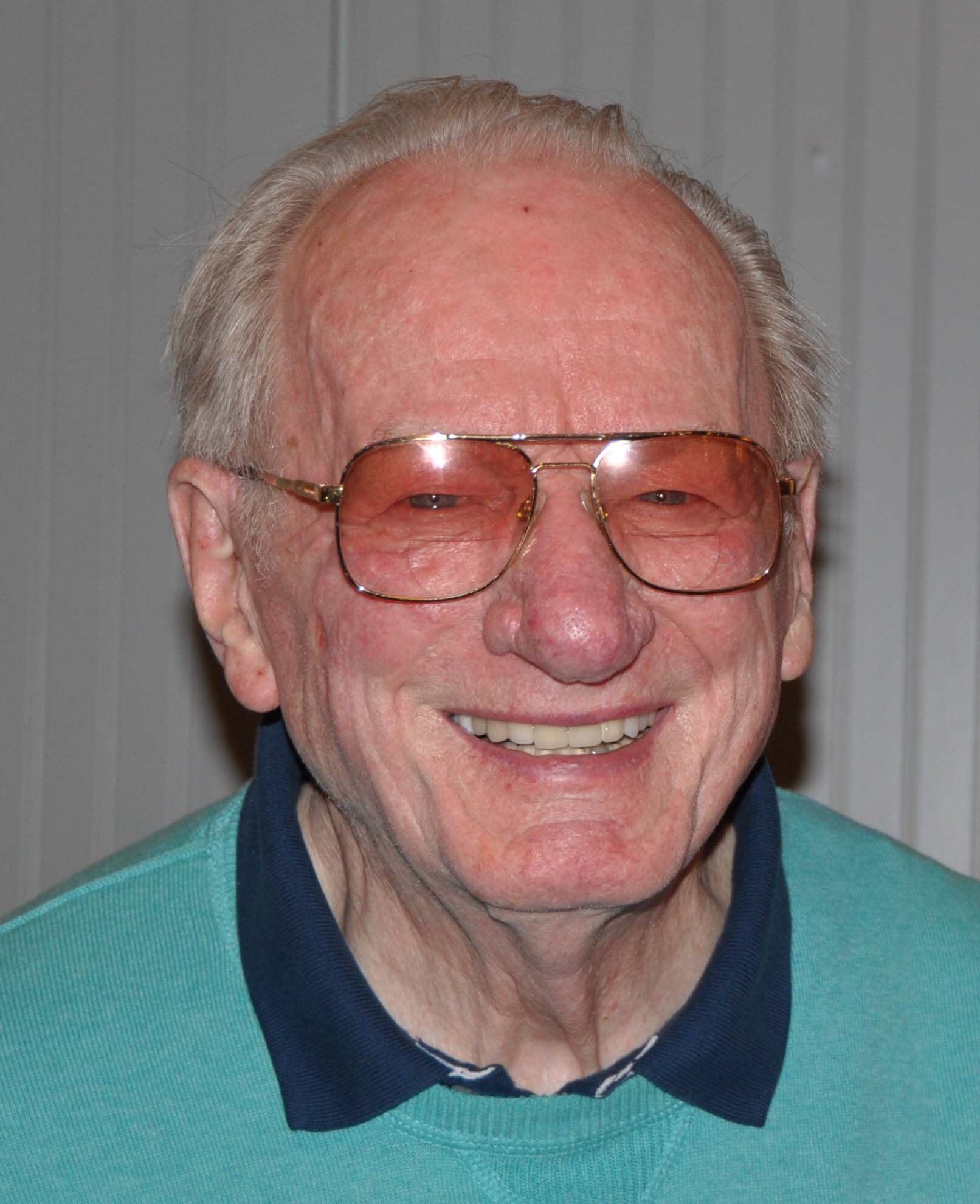Issues of Syncopated Times in the past year have had a number of marvelous articles about Max Morath. Though I’ve known him for more than forty-five years, these pieces have further enlightened me to an unexpected degree. So much of his career, as laid out by Andy Senior and in several writings by Larry Melton (1,2,3), was new to me, and Matthew de Lacey Davidson’s interview on Max’s recording methods and decisions examines areas rarely explored.
My first awareness of Max Morath was in 1960 or ’61, when I happened upon one of the installments of his early TV series on the ragtime era. Aside from his phenomenal abilities to entertain, I was blown away by the way he used music to elucidate the history and sociology of the early 1900s and, in reverse, how these other disciplines were so closely reflected in the music. This was, for me, a new way to view music. I don’t recall how many of the installments of this series I had seen, but for years afterwards I tried never to miss any of his TV appearances.
Then, one day in the summer or fall of 1976, I answered the telephone and found myself speaking to Max Morath. He was looking for information on a composer he was recording and someone referred him to me. I had the information at hand and, of course, was thrilled to share it with him. We spoke for a while on various musical subjects, and before ending the call he said, “If you’re ever in town, give me a call and we’ll have lunch.” As I was living on Long Island, a thirty-minute train ride from Manhattan, I said, “I’ll be there tomorrow.”
The next day began a long friendship. I went to Max’s large office on Seventh Avenue, near Carnegie Hall, we talked at great length, went to lunch, returned to his office and talked some more. After I told him of music I needed for my first ragtime book, he went to his files, pulled the music out and handed it to me. We had just met and he loaned me rare sheet music worth hundreds of dollars! This, I was to learn, was typical of his generosity.
In following years, we had many lunches at which we spoke of our projects, and I was flattered that he sought my opinions on such diverse subjects as the songs of Carrie Jacobs-Bond, the importance of pianist/composer Blind Boone, and the astute, humorous commentary of journalist Finley Peter Dunne (a.k.a Mr. Dooley). On one occasion, and with his permission, I brought my parents along to lunch with him. They had discovered him independently of me and were as enthralled with Max as I was. My mother, in fact, had convinced herself that she was the person who had discovered him, leading to his fame. We spoke of that and laughed, and Max gave her his VCR tape Living a Ragtime Life, writing on the box, “Dear Sadie, Thanks for discovering me!”
In 1982 I gave a graduate course in ragtime at Brooklyn College, a class for masters and doctoral students. About half-way through the semester, Max attended one of the class sessions as a special guest. I expected he would speak informally for about fifteen or twenty minutes, after which I would continue with my planned lesson. Instead, he took over the class (three hours, with breaks), giving the most spectacular, spell-binding lesson I had ever experienced. Here was a master teacher. Max would not accept any payment for his visit suggesting, instead, that I take him to dinner and add his payment to what I was to give to Rudi Blesh, who would be visiting the class the following week.

The one time I saw a different side of Max was in 1989, at Sedalia’s annual Scott Joplin Festival. He was the usual affable Max during the first day or two, but before the Saturday symposium, which I led, he came to me, unsmiling, and said sternly that he has rehearsal time in the same hall after the symposium and I cannot allow my session to go long. I was, at first, shocked by his untypically demanding manner. But then I understood: although his audiences would never guess it, his casual, spontaneous appearances on stage require exacting work and preparation. This unsparing self-discipline is what makes a consistently great performer. Naturally, I was especially careful to keep all the speakers to their allotted time.
Max no longer lives in the New York metropolitan area, having moved to Minnesota. We’ve since met twice, I think, at ragtime events, and once when he was in Manhattan on business. Other than those meetings, we’ve been restricted to occasional phone calls and emails. Despite the distance and lack of physical presence, it remains a thrill to connect with Max Morath.




















